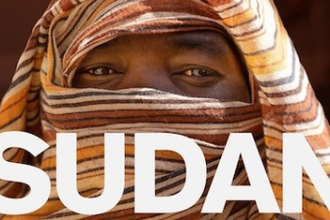Sudan: Stoning death sentence overturned

Photo by Simon Schmitt on Unsplash
Three months ago, ICN readers responded to an article about a 20-year-old Sudanese woman facing stoning to death for adultery. As a result of international pressure, the young woman's sentence has been overturned. Now, the woman, whose identity is being hidden for her own safety, will be imprisoned for six months because she is guilty of kissing a man.
The court in Kosti in White Nile state overturned the original sentence on a technicality, because the accused was not allowed a lawyer in the initial case. Procedural errors led to the stoning sentence being overturned, changing the charge from adultery to obscenity. The young woman, whose case was raised with the UK Foreign Office by Lord Alton, confessed to being with a man and admitted that the pair had kissed. Under Sudanese law, the court was obliged to convict her on the basis of her confession.
Sudan imposes the death penalty for offences specified by Allah in the Quran, including theft and adultery. The 1991 Sudan Criminal Act carries penalties such as flogging, the amputation of hands and feet, hanging and stoning. The majority of stoning sentences are against women who are perceived as bringing shame on their families.
The previous Islamist regime of Field Marshall Omar Bashir was overthrown by a popular revolution in 2019. Local democracy activists hoped Sudan's penal code would be reformed in line with international standards and conventions.
However, a coup in October 2021 put the military and Islamist traditionalists back in effective control. Consequently, there has been a climate of impunity for those attacking women and girls challenging traditional roles by leaving their homes to go to school or work, or to be involved in civil society. Until recently, rape victims could be charged with adultery: in 2014, a woman in Sudan was convicted of committing indecent acts after being gang raped, apparently because the act of reporting the rape was considered proof of her sin.
A Foreign Office official speaking anonymously admitted that such is the confusion and chaos in the Khartoum regime that it was difficult to know which ministry to lobby regarding the woman's case.


















